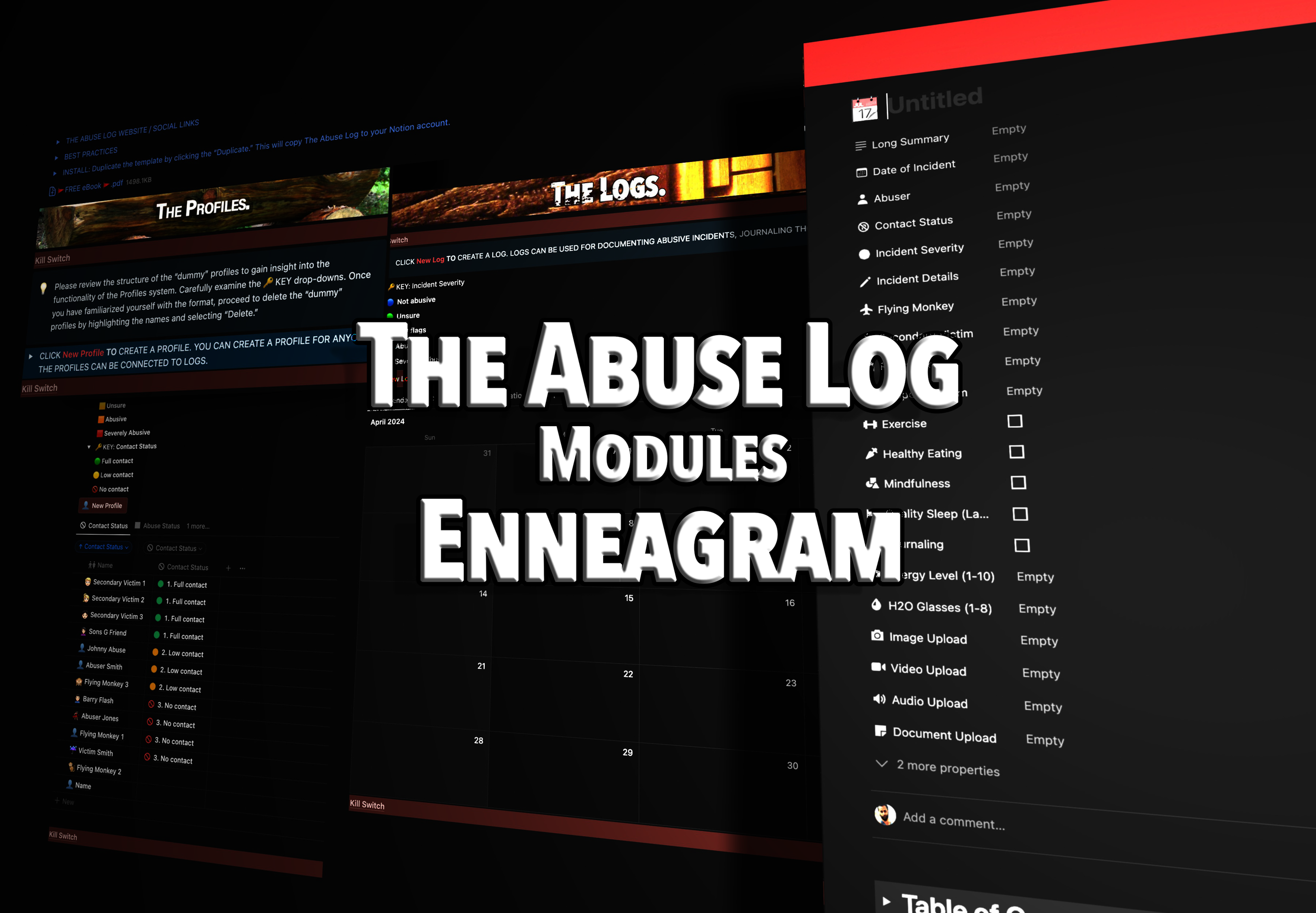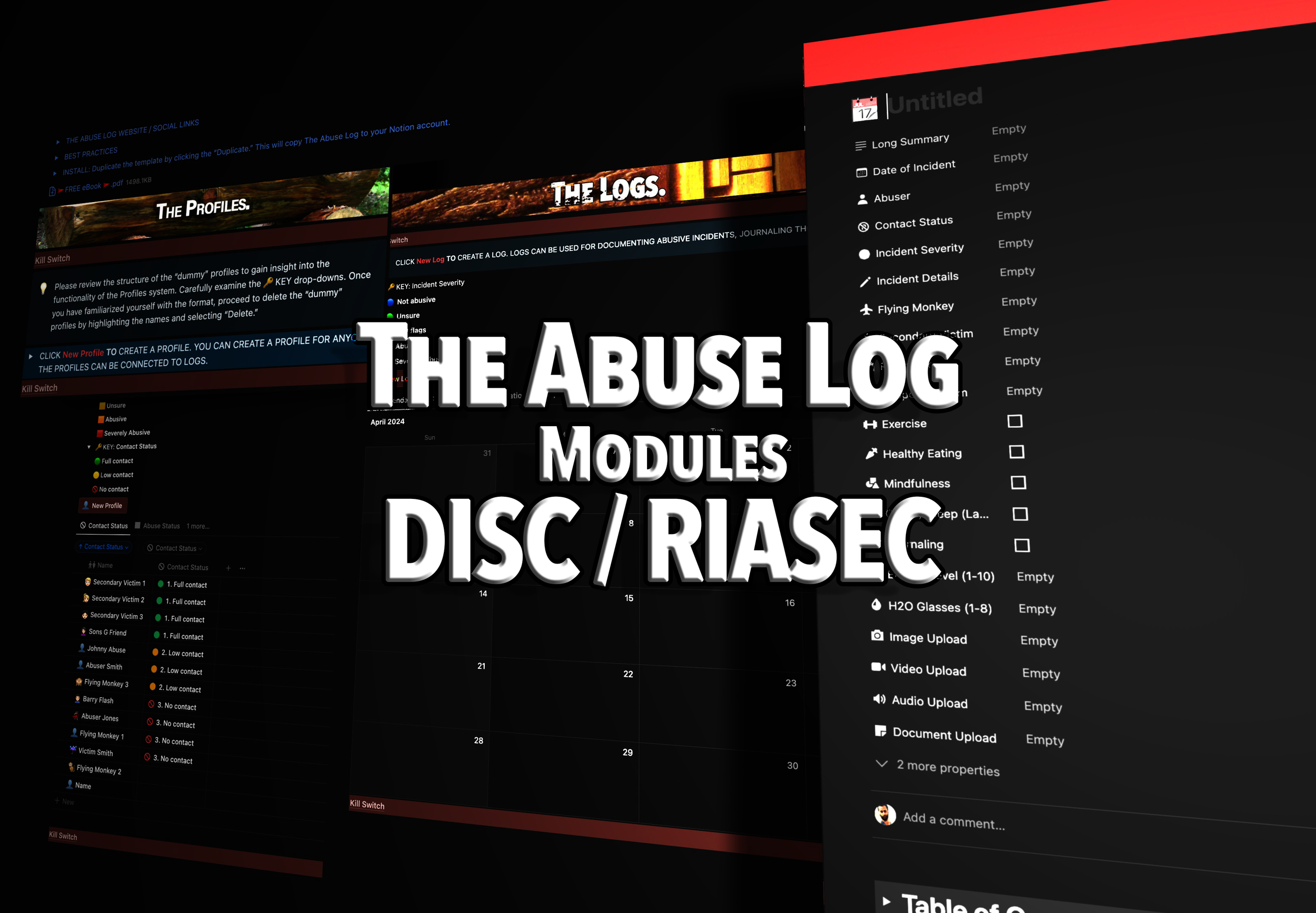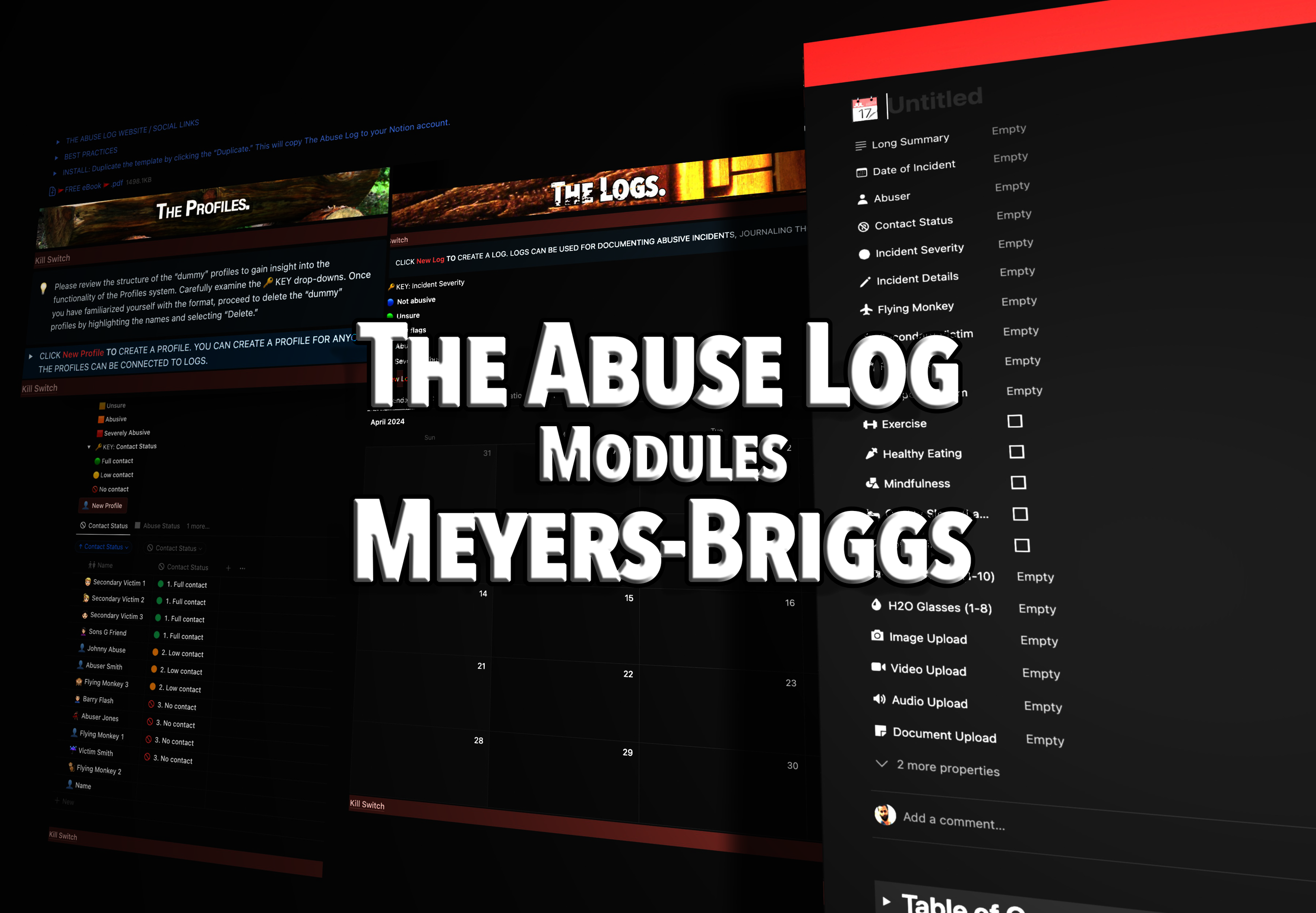Prologue: Isolation
"The fear of being cast into the exterior darkness—where wailing echoes endlessly and teeth grind in despair—is the ancient dread of isolation, severance from the light of belonging. It is the trembling anticipation of exile, where one's soul feels adrift, beyond the reach of grace, yearning for a presence that seems irretrievably lost."
This metaphorical darkness is not merely the absence of light; it is the absence of connection, a void where the warmth of love, acceptance, and community fades into chilling isolation. To be cast into such darkness is to be severed from what it means to be human—a creature inherently designed for relationship, meaning, and shared existence. The fear of this exile is primal, woven into the deepest fibers of our psyche. It transcends culture, era, and belief, echoing the ancient stories of banishment from Eden, the outcast shunned by the village, and the forsaken hero wandering the wilderness.
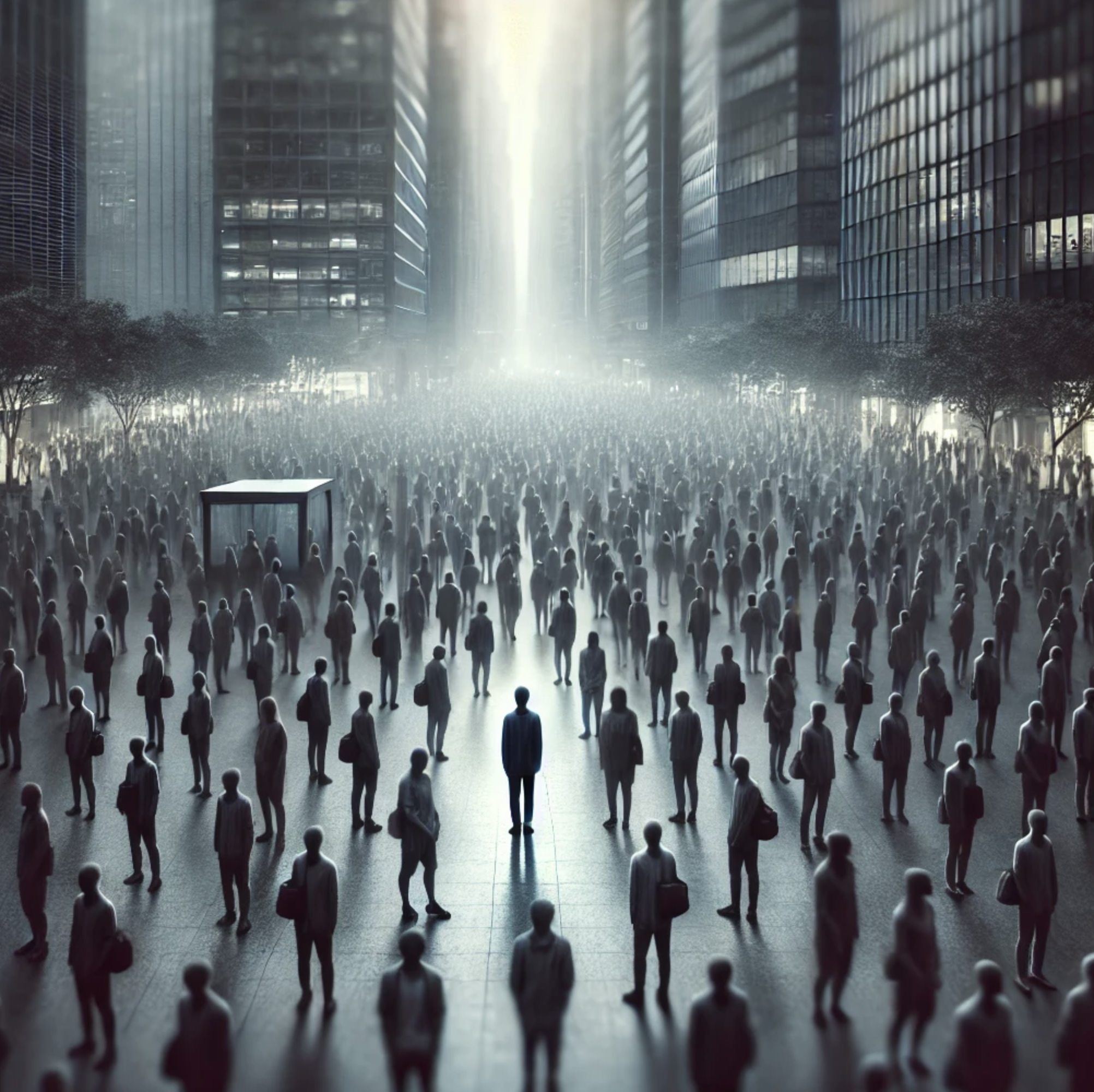
The Human Fear of Exile and Loneliness
At its core, the fear of being "cast into the exterior darkness" is the fear of being unseen, unheard, and forgotten. Human beings are fundamentally social creatures, biologically wired for attachment and community. From the moment of birth, we seek connection—first with our caregivers, then with the broader world around us. Connection provides safety, validation, and a sense of self. To be exiled from this connection is to lose not only others but, often, the very sense of who we are.
1. Loneliness as Emotional Isolation
Loneliness is more than physical solitude. It is the aching sense of emotional isolation—the feeling that no one understands you, no one sees your pain, and no one cares enough to bridge the gap. This form of isolation gnaws at the spirit, eroding self-worth and fostering despair. In the "exterior darkness," this loneliness becomes a form of existential exile, where even the self feels alien, untethered from meaning or purpose.
2. Social Rejection as Psychological Death
Throughout history, exile has been one of the most severe punishments, second only to death. In tribal societies, to be cast out was to lose protection, identity, and purpose. In modern terms, social rejection still carries this psychological weight. The fear of exclusion—whether from family, friends, or a broader community—can paralyze us, driving behaviors aimed at securing acceptance even at great personal cost.
3. The Need for Belonging
The fear of "exterior darkness" underscores the profound human need for belonging. Belonging is not merely a social construct; it is a psychological necessity. Studies in neuroscience reveal that social pain—such as rejection or exclusion—activates the same brain regions as physical pain. This overlap highlights the evolutionary importance of connection: our survival has long depended on our ability to bond and coexist.
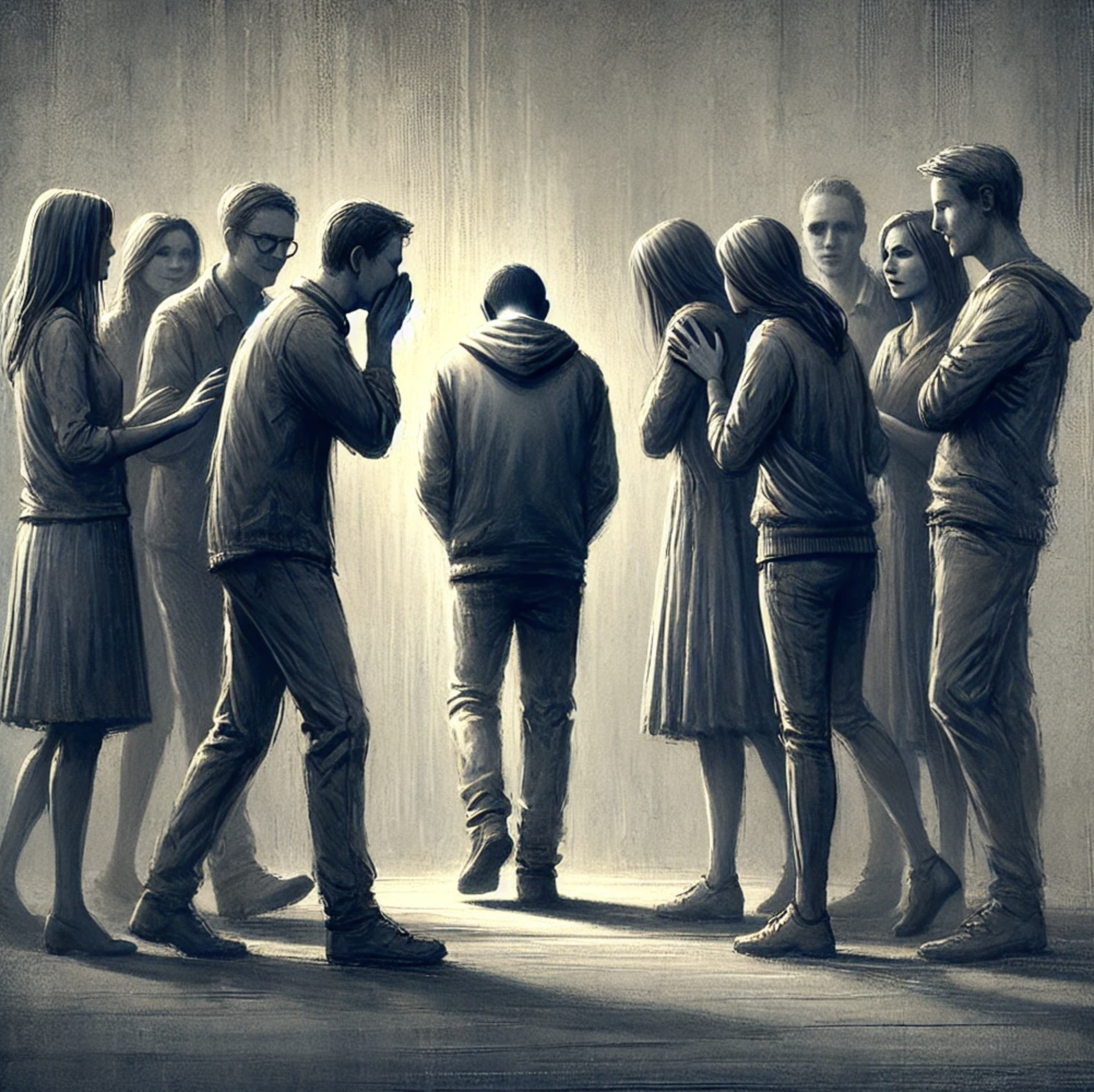
The Symbolism of Teeth and Wailing
The "gnashing of teeth" and "wailing" in the metaphor evoke a visceral image of despair. Teeth grinding suggests a futile attempt to endure the unbearable, while wailing represents the uncontainable anguish of being unseen and unheard. Together, they embody the agony of disconnection—a torment that feels eternal and inescapable.
Gnashing of Teeth: Striving in Futility
The grinding of teeth is the body’s desperate reaction to stress and helplessness. It symbolizes the struggle to resist what cannot be undone, to bridge a chasm too wide to cross. For those trapped in the darkness, it is the internal battle between clinging to hope and surrendering to despair.
Wailing: The Cry for Connection
Wailing is a primal act, a sound that transcends language. It is the universal cry of the human soul, a plea for someone—anyone—to hear and respond. In the exterior darkness, the wail becomes a ghostly echo, met with silence and indifference, amplifying the fear that no one will come.
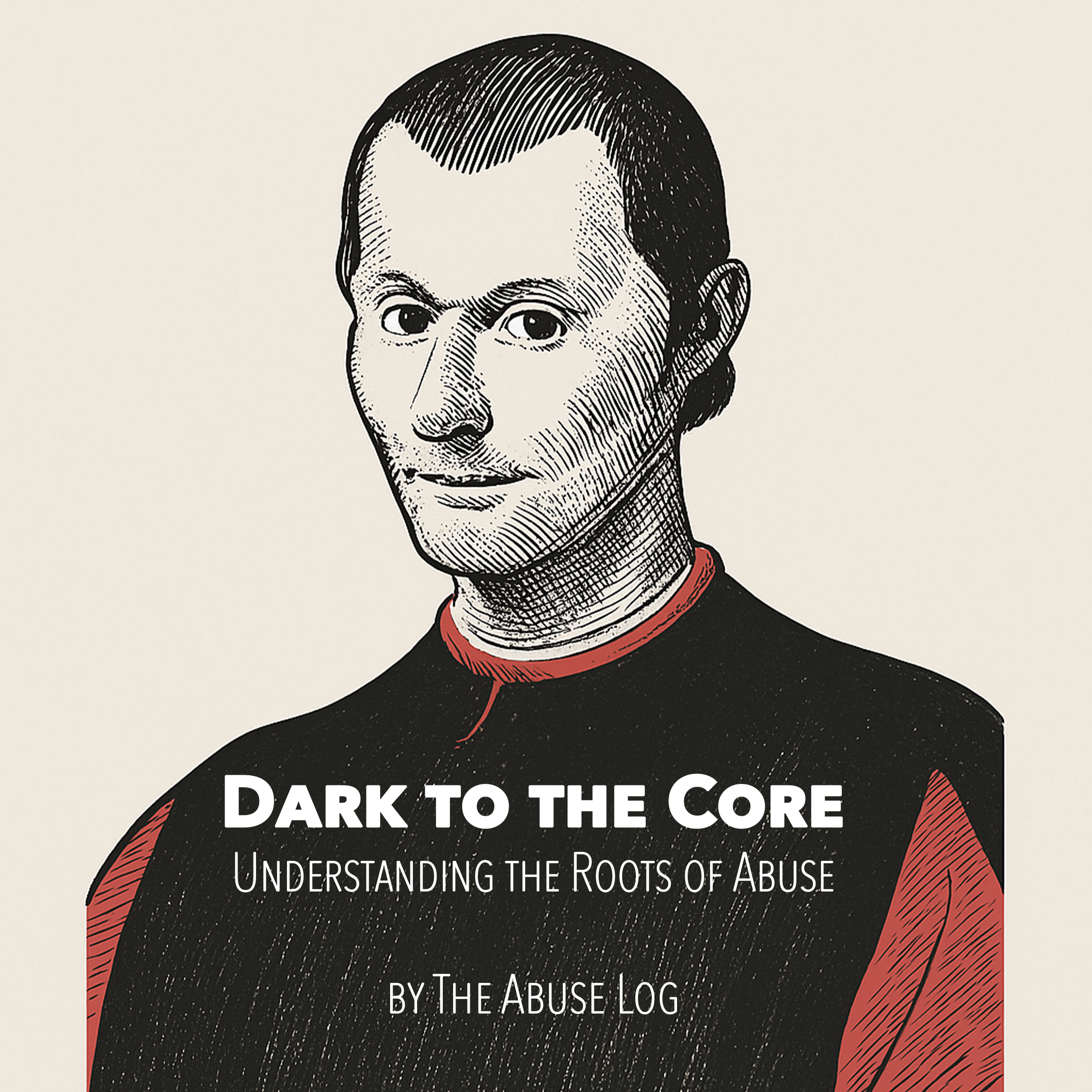
The Narcissist’s Exploitation of This Fear
This profound fear of isolation is the perfect target for manipulation. Narcissists, who themselves often harbor an unconscious fear of abandonment, understand the power of wielding this threat. They cast their victims into a metaphorical darkness by isolating them, shaming them, and severing their connections to others. For the victim, this manufactured exile feels indistinguishable from the primal fear of being cast out forever—an unbearable punishment that drives compliance and dependence.
Reclaiming the Light
To confront the fear of the "exterior darkness" is to confront the lie at its core: that isolation is permanent, that rejection defines worth, and that exile is inescapable. The human spirit, though fragile, has a remarkable capacity for resilience and renewal. By understanding the dynamics of this fear—how it is exploited and why it holds such power—we can begin the process of reclaiming the light, rebuilding connections, and finding belonging on our terms.
This prologue serves as a foundation for Parts 1 and 2, which delve into the methods narcissists use to manipulate this fear and their motivations for doing so. Together, these pieces explore not only the darkness but the path to freedom from its grasp.


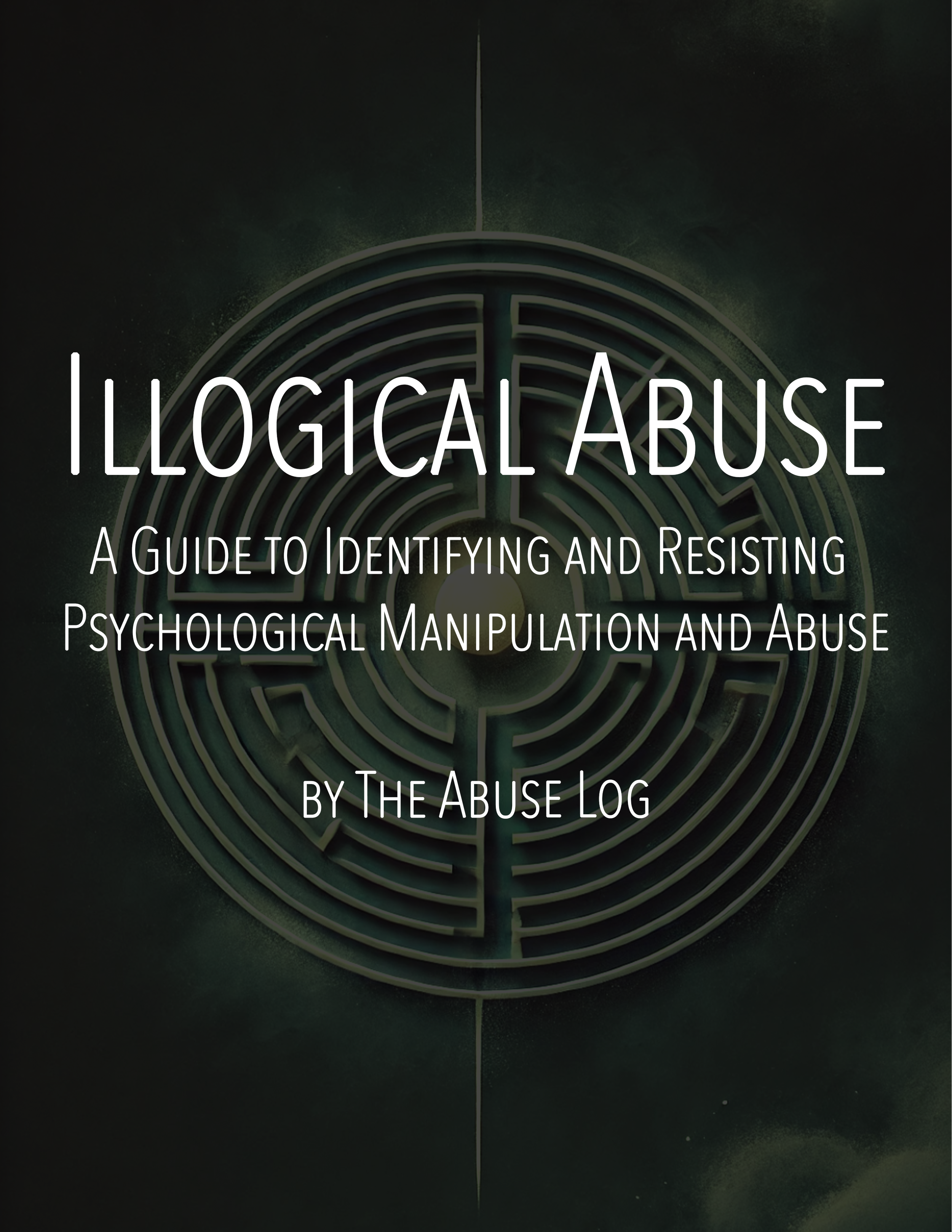

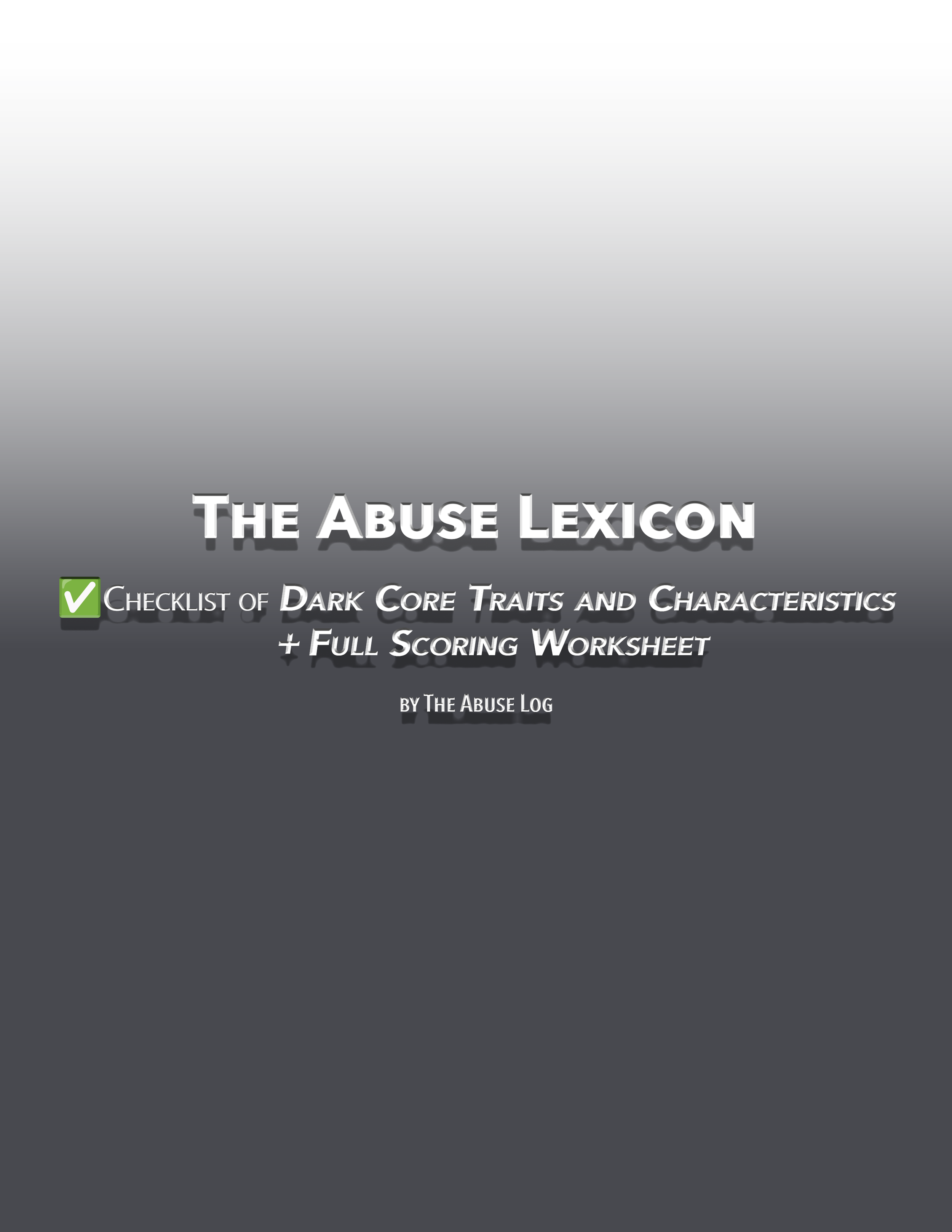


![The Abuse Log Notion Template [Basic]](https://images.squarespace-cdn.com/content/v1/65b9553c448d7e5b0ec1dfcd/4c83e581-b720-4cbe-83b1-2d72e7a9ac8a/Logo+Gumroad-Basic.png)
![The Abuse Log Notion Template [Advanced]](https://images.squarespace-cdn.com/content/v1/65b9553c448d7e5b0ec1dfcd/c3bb150a-a911-4f91-a23e-3621b98a2d55/Logo+GumroadAdvanced.png)
![The Abuse Log Notion Template [Professional]](https://images.squarespace-cdn.com/content/v1/65b9553c448d7e5b0ec1dfcd/7fa18cea-edf4-4325-8234-13f3527579c2/Logo+GumroadProfessional.png)






